The modern lifestyle, with its fast and often disordered rhythm, plays a crucial role in the increase in the incidence of cardiovascular diseases. The characteristic elements of this lifestyle, such as sedentary lifestyle, unhealthy diets, obesity and smoking, together with genetic factors, significantly increase the risk of developing heart diseases.
Stress: A significant factor in the development of cardiovascular diseases
Stress, an omnipresent element in modern life, plays a complex and multifactorial role in affecting cardiovascular health. Its impact is not limited only to psycho-emotional aspects, but also extends to the physiological functions of the body.
Stress and the heart
The activation of the sympathetic nervous system under the influence of stress leads to an increase in heart rate and blood pressure, thus placing additional pressure on the heart. Stress hormones and adrenaline can lead to inflammation and atherosclerosis, thus contributing to the development of cardiovascular disease.
-
- Physiological reactions: Stress activates the sympathetic nervous system, which increases heart rate and blood pressure.
- High levels of stress hormones: Hormones such as cortisol and adrenaline are released during times of stress. High and persistent levels of these hormones can lead to inflammation, atherosclerosis, and other cardiovascular problems.
- Unhealthy behaviors: Stress can lead to unhealthy behaviors, such as smoking, excessive alcohol consumption, unhealthy eating, and a sedentary lifestyle, all of which increase the risk of cardiovascular disease.
- Sleep disorders: Stress can lead to sleep problems, such as insomnia, which in turn can increase the risk of high blood pressure and heart disease.
- Depression and anxiety: These mental health conditions, which can be exacerbated by stress, are associated with an increased risk of heart disease.
Stress Management and the Impact on Cardiovascular Health
Addressing and reducing stress is essential in the prevention and treatment of cardiovascular disease, recognizing the importance of stress not only as a mental health issue, but also as a major risk factor for heart health.
Causes of Palpitations and the Interconnection with Anxiety
Heart palpitations can have multiple causes, from stress and anxiety, intense exercise, to caffeine, nicotine, alcohol, or medication.
They can also be influenced by medical conditions such as cardiac arrhythmias, heart disease, low or high blood pressure, anemia, and dehydration. Emotional and psychological factors, such as anxiety, intense emotional changes, and depression, play an important role.
Studies and Research
Research supports a direct link between stress and cardiovascular disease, with chronic stress – such as that associated with work or family problems – being a risk factor for hypertension and myocardial infarction.
To mitigate the impact of stress on the heart, it is essential to adopt effective stress management strategies. These include relaxation techniques such as meditation or yoga, regular exercise, counseling or therapy, and maintaining a work-life balance.
Anxiety can induce a physiological “fight or flight response, releasing stress hormones that increase heart rate and can lead to palpitations. Hypervigilance towards physical symptoms can intensify anxiety, creating a self-perpetuating cycle between anxiety and palpitations.
Heart Palpitations:
Palpitations, felt as a fast, slow or irregular heartbeat, can have a variety of causes, from lifestyle to medical conditions.
The most common causes of palpitations:
- Stress and anxiety
- Intense exercise
- Consumption of stimulants: caffeine, nicotine, and alcohol can stimulate the heart
- Medications (those for asthma or decongestants, can cause palpitations)
- Banned substances
- Hormonal imbalances (hyperthyroidism)
- Medical conditions
- Cardiac arrhythmiase (atrial fibrillation or supraventricular tachycardia)
- Heart disease (valvular heart disease).
- Blood pressure variations (hypotension/hypertension)
- Anemia and hypoglycemia
- Dehydration (affects electrolyte balance and heart function)
- Emotional and psychological factors (stress, anxiety, panic attacks)
- Post-meal: palpitations may occur after meals high in carbohydrates, sugar or fat.
- Nutritional deficiencies: lack of magnesium or potassium
To effectively manage stress and palpitations, avoid stimulants such as caffeine, nicotine and alcohol, which can trigger or worsen symptoms. Maintain a healthy and balanced diet, avoiding heavy or high-carb meals. Adequate hydration is crucial, as dehydration can contribute to palpitations.
Practice mindful breathing to calm yourself and reduce your heart rate when you experience palpitations. If your palpitations are frequent or severe, consult a doctor to rule out any serious medical conditions. Also, make sure any underlying conditions, such as hyperthyroidism or anemia, are properly managed.
What is Extra CardioRelax®?
Extra CardioRelax® is a natural dietary supplement, ideal during periods of prolonged disruption of your general well-being or in anticipation of difficult emotional periods. In tense situations, when intense and strong emotions are present, Extra CardioRelax® effectively contributes to calming feelings of panic and alleviates difficulties in concentration.
What does Extra CardioRelax® contain?
Extra CardioRelax® contains ingredients from natural sources, each with its own specific properties and a positive impact on cardiovascular health, stress management and palpitations.
1. Simag®55 Natural Marine Magnesium
- Magnesium is essential for many processes in the body, including muscle and nerve health. It contributes to the normal functioning of muscles, including the heart muscle. It also supports electrolyte balance and can help control blood pressure.
- Magnesium supports the heart, having a calming effect, and can support the management of stress and anxiety, which are risk factors for palpitations and cardiovascular disease.
- Magnesium is an essential electrolyte that helps maintain the balance of electrolytes in the body, including potassium and calcium, which are also important for heart function.
2.Potassium
Potassium plays a vital role in maintaining cardiovascular health and preventing or managing palpitations:
- Regulating heart rate: Potassium is essential for maintaining a normal heart rate. It helps regulate the electrical activity of the heart, ensuring regular and coordinated heartbeats. Low potassium levels (hypokalemia) or high levels (hyperkalemia) can lead to heart arrhythmias, including palpitations.
- Electrolyte balance: Potassium is a key electrolyte in the body, helping to balance other electrolytes, such as sodium and calcium. Proper electrolyte balance is crucial for optimal function of cells, tissues, and organs, including the heart.
- Blood pressure control: Potassium helps relax blood vessel walls, which can lower blood pressure. Lower blood pressure reduces the risk of cardiovascular complications, such as coronary heart disease and stroke.
- Prevention of muscle cramps: Adequate potassium levels can help prevent muscle cramps, a symptom that can be experienced in cardiovascular disease.
- Muscle and Nervous Function: Potassium is essential for the normal functioning of muscles and nerves, including the heart muscle.
3. White Willow Bark Extract (Salix Alba) – natural aspirin
White willow (Salix alba) is known for its medicinal properties, having been used for centuries in traditional medicine. Its main active component, salicin, is the precursor to acetylsalicylic acid, better known as aspirin or natural aspirin.
- Salicin in white willow bark is converted in the body into salicylic acid (aspirin), which has anti-inflammatory and analgesic properties.
- These properties may help reduce inflammation and pain, including muscle or joint pain, that may be associated with some of thecardiovascular diseases.
- Aspirin, which is derived from salicin, is known for its blood-thinning effects and is often used to prevent blood clots, which can lead to heart attacks or strokes.
- White willow may have similar, but milder, effects on blood flow. This may make white willow useful in preventing excessive blood clotting and associated cardiovascular complications.
4. Hawthorn (Crataegus Monogyna)
Hawthorn (Crataegus spp.) is a medicinal plant recognized for its heart health benefits, being frequently used in traditional medicine for various cardiovascular conditions, including palpitations and heart stress.
- Havoc: this is known for its beneficial effects on heart health. Hawthorn can improve blood circulation, regulate blood pressure, and even reduce symptoms of heart failure.
- It can also have a calming effect, making it useful in managing anxiety and stress.
- Hawthorn can improve blood flow in the coronary arteries, thus helping to efficiently oxygenate the heart muscle.
- Hawthorn contains antioxidants that may help protect the heart from oxidative stress, a factor in the development of cardiovascular disease.
- There is evidence that hawthorn can help reduce blood pressure, an important factor in maintaining cardiovascular health and reducing stress on the heart.
- Hawthorn may have tonic effects on the heart, strengthening heart function and helping to prevent or manage congestive heart failure.
- It may help strengthen blood vessels blood and improving their elasticity.
5. 4:1 Extract of Valerian (Valeriana Officinalis)
Valerian (Valeriana officinalis) has long been known and used for its calming and relaxing properties, making it a popular choice in managing stress and anxiety.
-
-
- Valerian influences the central nervous system, especially the neurotransmitters GABA (gamma-aminobutyric acid), which play an important role in regulating nervousness and stress response. By increasing the availability of GABA in the brain, valerian can help calm excessive nervous activity.
- Valerian is often used to reduce anxiety levels, which are closely related to stress. It helps relax the body and mind, thus facilitating better stress management.
- By reducing stress and anxiety, valerian can indirectly reduce factors that lead to cardiovascular problems.
-
6. Vitamin B6
Vitamin B6, also known as pyridoxine, is essential for many body functions and can have beneficial effects on the heart, palpitations and stress management.
- Vitamin B6: Plays an important role in regulating levels of homocysteine, an amino acid associated with an increased risk of cardiovascular disease. High levels of homocysteine can lead to damage to blood vessels and increase the risk of blood clots, which can cause heart attacks and strokes.
- Pyridoxine contributes to the synthesis of neurotransmitters and helps reduce symptoms of stress and anxiety.
- Vitamin B6 contributes to the normal functioning of the nervous system and mental health, which can indirectly influence heart health.
Extra CardioRelax benefits:
Palpitations
- Contributes to the normal functioning of the heart muscle and supports electrolyte balance, which can help control palpitations.
- Helps maintain a normal rhythm normal heart rate and regulating the electrical activity of the heart, preventing palpitations.
- May improve blood circulation and regulate blood pressure.
- Regulates homocysteine levels, associated with blood vessel damage and possible palpitations.
Heart Tonic
- Helps maintain optimal muscle and nerve function, including the heart muscle.
- Contains antioxidants that protect the heart from oxidative stress and may have tonic effects on the heartii, strengthening cardiac function.
- It may have similar effects to aspirin on blood fluidity.
Stress, anxiety, panic attack
- It has a calming effect and can help manage stress and anxiety.
- It influences GABA neurotransmitters, helping to calm excessive nervous activity and reduce stress.
Sleep
- Through its calming effect on the nervous system, it can improve sleep quality, essential for stress management.
Indications:
- Heart muscle dysfunction: cardiomyopathies or other conditions
- Electrolytic imbalance: hypokalemia, hypomagnesemia
- Cardiac arrhythmias: atrial fibrillation, supraventricular tachycardia
- High blood pressure
- Hyperhomocysteinemia
- Cardiac muscle and nerve dysfunctions: heart failure
- Stress, anxiety, post-traumatic stress
- Thrombosis and blood clotting
- Insomnia due to anxiety
Direction of administration: 1 vegetable capsule per day. If necessary, up to 2-3 vegetable capsules per day can be administered.
Drink 2 liters of fluids per day.
Can be combined with:
Mega Omega-3 – contributes to cardiovascular health by reducing inflammation, lowering triglycerides and improving lipid profiles.
Coenzyme Q10 (CoQ10) 200 mg – supports heart health and mitochondrial function, may be useful for people taking statins.
GinkgoMax Extract – may improve circulation and cognitive function, also having potential antioxidant benefits.
Ashwagandha KSM-66 – can help manage stress and balance hormonal reactions to stress.
Does not contain: artificial flavors, preservatives, colorings, sugar, sodium, gluten/wheat, crustaceans/fish, eggs, peanuts/nuts, lactose, titanium dioxide (TiO2).
Extra CardioRelax® contraindications:
It is recommended to seek the advice of a specialist in the case of people with kidney disease, blood pressure, coagulation disorders, epilepsy or people allergic to aspirin.
The use of Extra CardioRelax® is not recommended during pregnancy and breastfeeding.
Presentation form: blister with 30 vegetable capsules. One box is enough for 2-4 weeks.
COMPOSITION:
| Nutritional information | Quantity / 1 cps. | %VNR* | Quantity / 2 cps. | %VNR* | Quantity / 3 cps. | %VNR* |
|---|---|---|---|---|---|---|
| Potassium Gluconate providing Potassium |
150 mg 24 mg |
** | 300 mg 48 mg |
** | 450 mg 72 mg |
21.6 |
| Simag®55 Marine Magnesium providing Magnesium |
103 mg 56 mg |
15 | 206 mg 112 mg |
30 | 309 mg 168 mg |
45 |
| White Willow (Salix Alba) extract from bark, standardized to min. 25% Salicin |
100 mg 25 mg |
** | 200 mg 50 mg |
** | 300 mg 75 mg |
** |
| Hawthorn (Crataegus monogyna) 4:1 fruit extract | 100 mg | ** | 200 mg | ** | 300 mg | ** |
| Valeriana (Valeriana officinalis) extract 4:1 from the root | 80 mg | ** | 160 mg | ** | 240 mg | ** |
| Vitamin B6 | 1.50 mg | 107 | 3 mg | 214 | 4.5 mg | 321 |
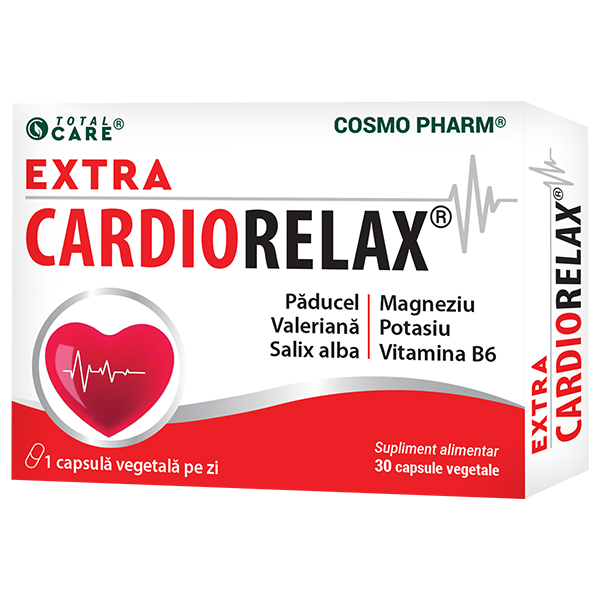
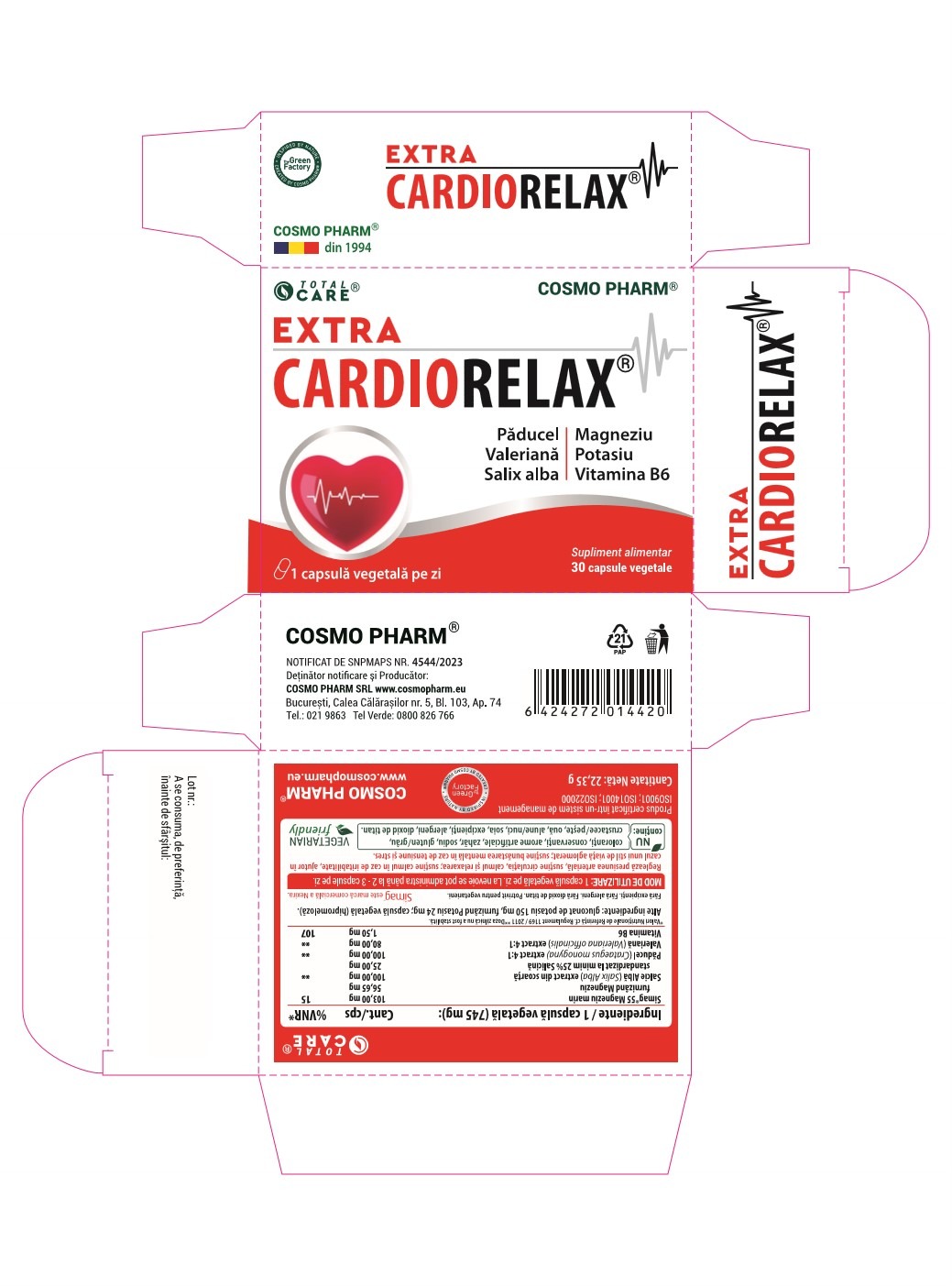
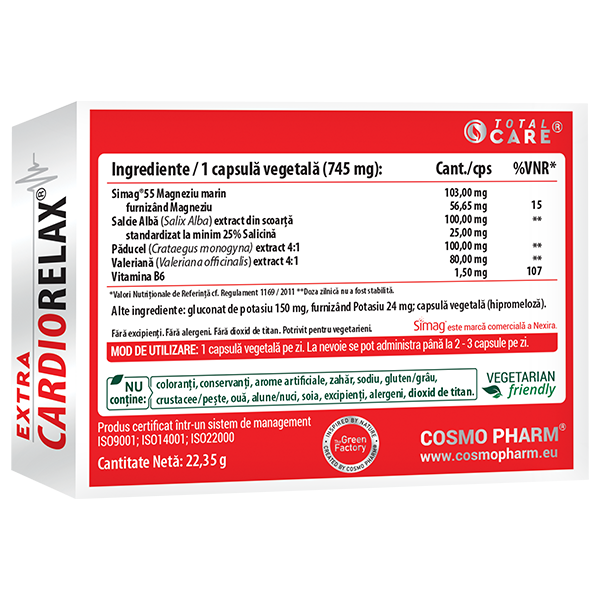
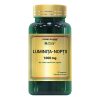
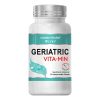
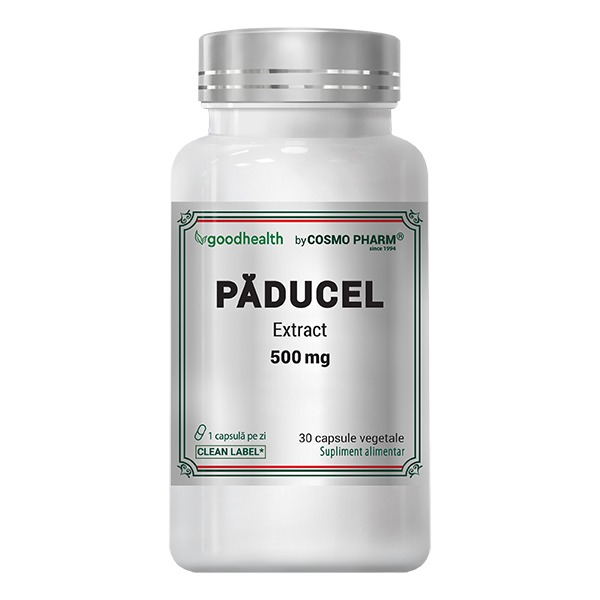
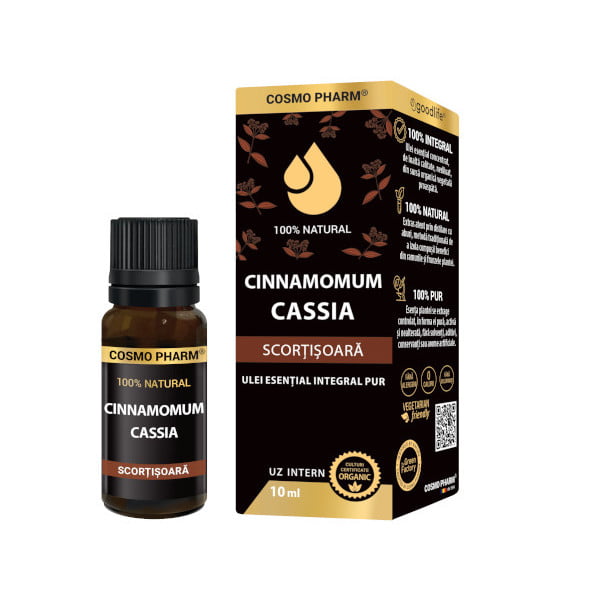
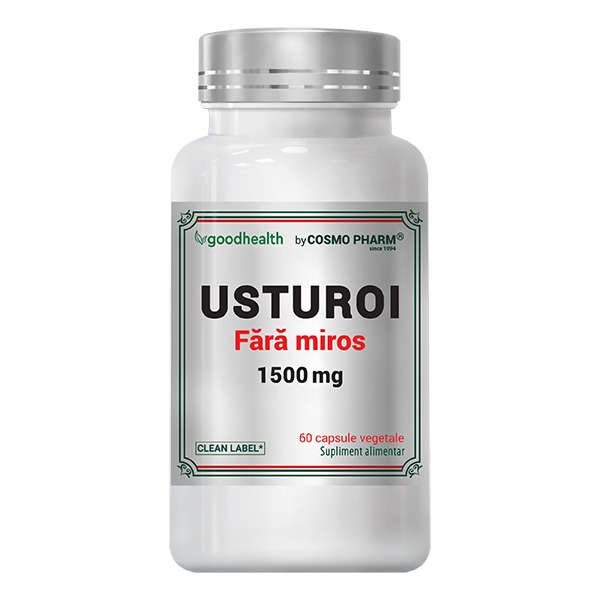
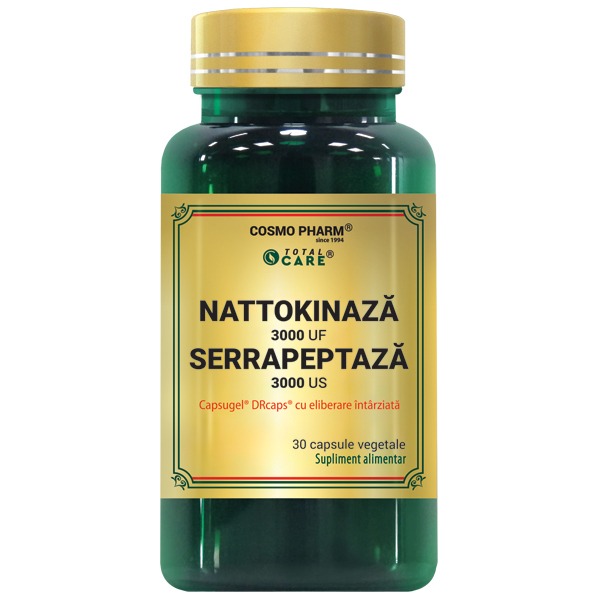
Reviews
There are no reviews yet.